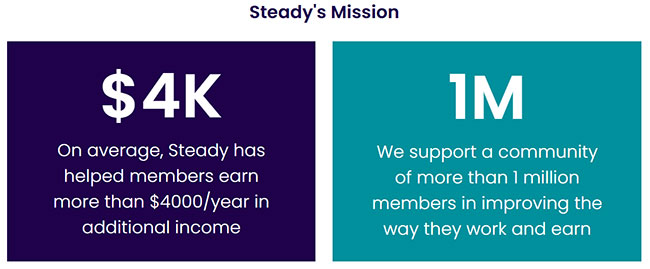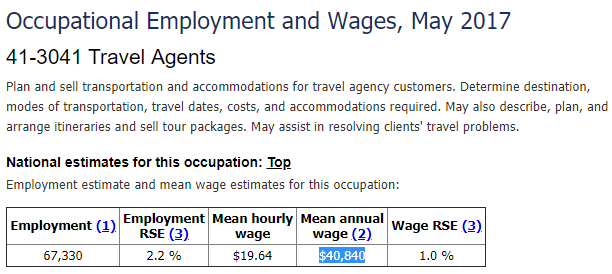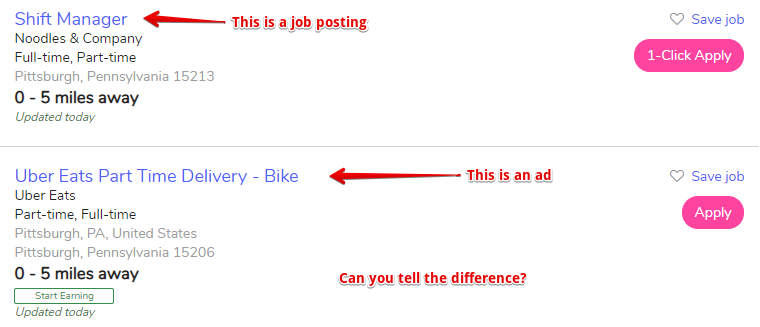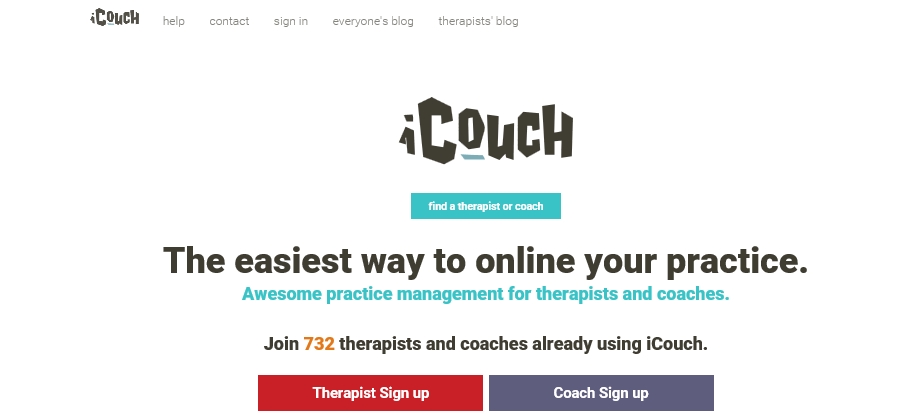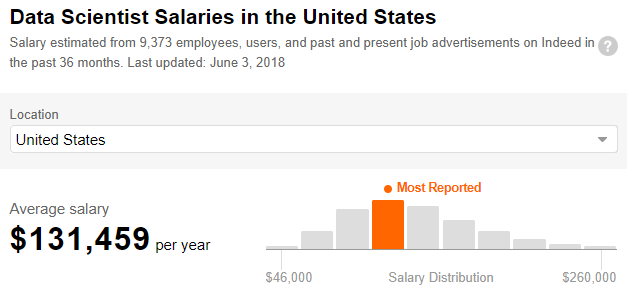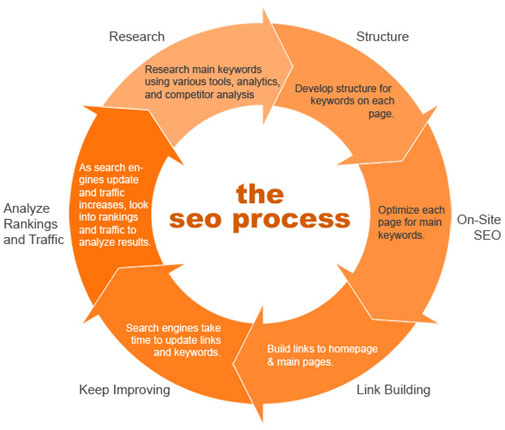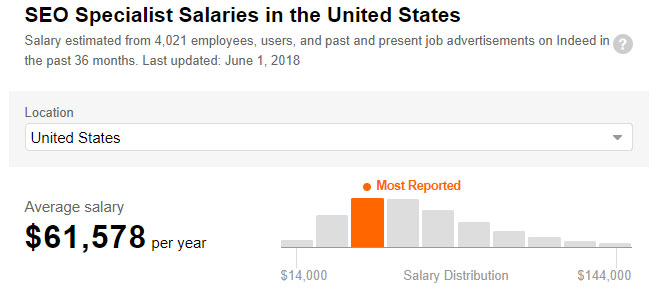If you’ve always had a green thumb and is thinking of branching out as a business owner, a home based floral business may just be the ticket to get to your goals.
The cool thing about starting businesses from your home is that you can start slow, gradually expand your business, which means you can begin without investing a ton of cash head on.
Pros and Cons of a Home Based Floral Business
Before you learn the step-by-step of building your flower shop, you should first be aware of the pros and cons of this line of business.
PROS:
- Be your own boss
- A timeless industry – Not a fad, not season-based, flowers are used as gifts all year-round
- Expand on your own pace – You can start small, or start big. It depends on your commitment, resources, time, and other factors, but it’s always good to know you have options.
- Opportunity to break into other industries – Aside from selling flowers, you can also branch out into wedding flower arrangement business or offer educational classes about horticulture (or in this case, floriculture).
CONS:
- Work long hours – Being a floral business owner means you begin super-early (3-4am) and end the day late to close shop.
- Labor intensive – Having a flower shop is physically demanding.
- Competitive – Some big flower shops, such as those you find in the supermarket, can be hard to compete with. You need to bring a new twist or offer to the table to attract customers.
- Short life of flowers – Like the food industry, dealing with flowers means there’s always a chance of waste if the products aren’t bought within a particular time.
Now that you have a more realistic expectation of running a home based floral business, here’s everything you need to learn, from the skills you should have, to day-to-day operations.
10 Things You Need to Start a Home Based Floral Business
You might be planning to run the business from home (and feel comfy enough), but it has to be a legitimate business, which includes most of these things:
1. Market Research
Conduct proper market research before starting your business.
You need to make a list of your competition within the city you’re planning to provide services for. Learn about their history (how long they’ve been in business, who are their target market, and so on).
Ask around for people’s ideas. Look for a niche or vacuum that hasn’t been done. Is your area full of flower shop storefronts, but no one offering floral arrangement for non-funeral events?
Gather as much information you can before diving into the floral business head on.
It would save you a ton of trouble.
2. Business Plan
A business plan gives you a to-do list, an objective, a future plan about the financing or expansion of your business.
Even if you’re just starting out, a business plan allows you to prove the feasibility of your business idea (and even get funding from the bank or a partner).
3. Legal Filing
Like any kind of business, whether you have a storefront or not, you need to fulfill certain paperwork to make your shop legit. These include:
- Business permit from your county and city
- License to operate (if needed)
- Business bank account
- Accounting software to help make bookkeeping easy
- Official contact numbers (landline and mobile)
- Official website
The last step of becoming legit is deciding on a name. Your flower shop’s name will represent your brand and your company. Pick one that people can relate to and easily associate your products.
Choosing a name like “Purple Power” will confuse people on what you’re offering, so stick to something simpler like “Jane’s Flower Power House” or “Jane’s Floral Shop.” You can even use a keyword with location, such as “New Jersey’s Favorite Flower Shop.”
4. Money
If you wish to be 100% in control of your business, then you have to be the only one putting money into it.
You can do this by using your savings, or seeking a bank loan.
The amount of money you need will vary significantly, but the biggest chunk would have to be for renting or renovating the store location. And since we’re talking about building this start-up from your home, you’ll can skip this amount entirely (unless you rent the place you’re residing).
If funding the business on your own is not possible, you can also consider finding a partner who would invest half or a third of the initial fund needed to launch the business.
5. Training & Knowledge
There is no formal education or training required to run a floral shop, but it would benefit you completely if you take up courses in a “flower school” and a crash course in business.
If possible, become an apprentice at one of the local flower shops in your community. Having first-hand experience gives you the tools to face issues like flowers dying early, pests, and so on.
6. Location
If you’re planning to set-up a brick-and-mortar floral store, location is pretty important. Your house should be in a busy area or near a hospital, mall, event venue, graveyard, funeral home, and other similar establishments.
However, if you’re not planning on setting up an actual “storefront,” then location shouldn’t be an issue. You can use any vacant space in your home, connect a computer and landline for orders, tend to the flowers, and run the business totally from inside your house.
Some people even start their home based floral business from within a moving vehicle, such as a van.
If this seems like something you’d be interested in, look for possible vehicles you can use.
7. Equipment
Storefronts would require display racks, tons of flower buckets, water hose, and refrigerated cases to extend the shelf life of your flowers.
If you’re not going the storefront route, you’d still need equipment to keep your flowers fresh.
You also need a way to transport your products. Many flower shops invest in either a motorcycle, car or van because relying on third-party delivery can be costly.
8. Initial Stock
The amount of initial products you stock your home-based business depends on how big you’re planning to launch, or the business model you plan to follow (made-to-order vs. storefront).
Do you want to accept flower arrangement during weekends and slowly expand your business from there?
Do you want to open up a flower shop complete with all kinds of flowers?
9. Extra Funding
If, for some reason, you need extra funding to start your business, you can explore government-backed loans, crowd-funding (such as Funded.com, Kickstarter, GoFundMe and other similar sites) or peer-to-peer lending (like Funding Circle, or Peerform)
10. Marketing
Every business has to let the world know it exists.
Because you’re just starting out, you can start with simple marketing such as building your online presence through social media.
If you have a storefront, you should also work simultaneously to win over customers with your pleasing personality and customer service skills. You’d be surprised by the power of the traditional “word of mouth. ”
This is the part where you get creative for your business to stand out.
If you’re planning to run the entire thing in the shadows, how about creating a website and promoting a flower subscription box for your city?
Going Slow vs. Launching Big
If you’re looking for other businesses you can start from home, such as a clothing line or art shop, feel free to explore other guides on the blog. Those who feel they’re not ready for a home based business, but would love to earn extra cash from the comforts of their homes, this list of work-from-home jobs would be super-useful to you.
However, if you’ve already decided that a home based flower business is a perfect match for you, your next considerations are these:
- Are you going to begin as a side gig or as a full time business? –
- Are you opening a brick-and-mortar store, or only an online business?
- What specializations do you plan to offer? (Floral arrangements, bouquet, red carpet events, funeral, weddings, subscription boxes, and so on)
- How much will you price your products or services?
These questions would help you determine the initial startup cost and overall business plan, such as the need to rent a place, hire people, buy delivery van, and so on.
Know that setting up a home based flower business follows the same principles of starting a traditional company from scratch. It would involve a lot of work, from beginning to end, so prepare for your body and mind for this one-of-a-kind experience, and good luck to your startup!





